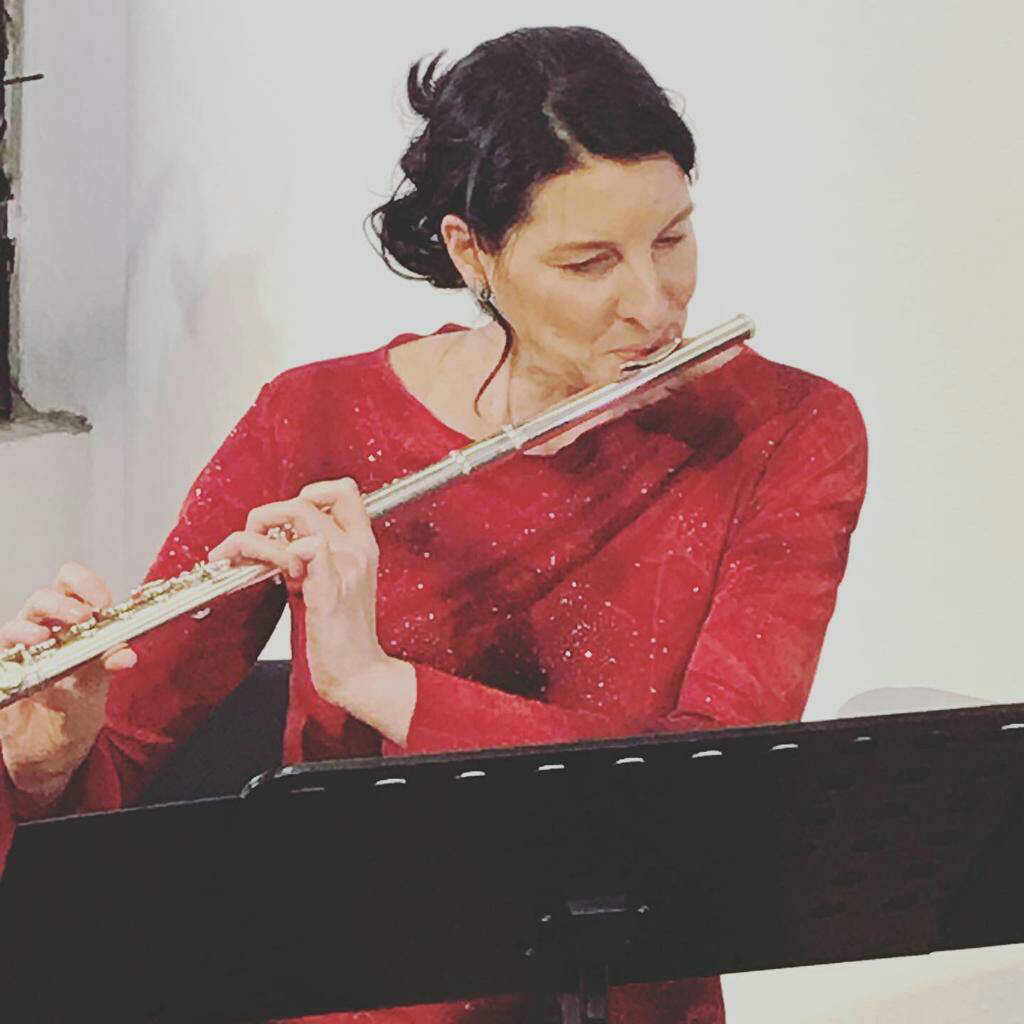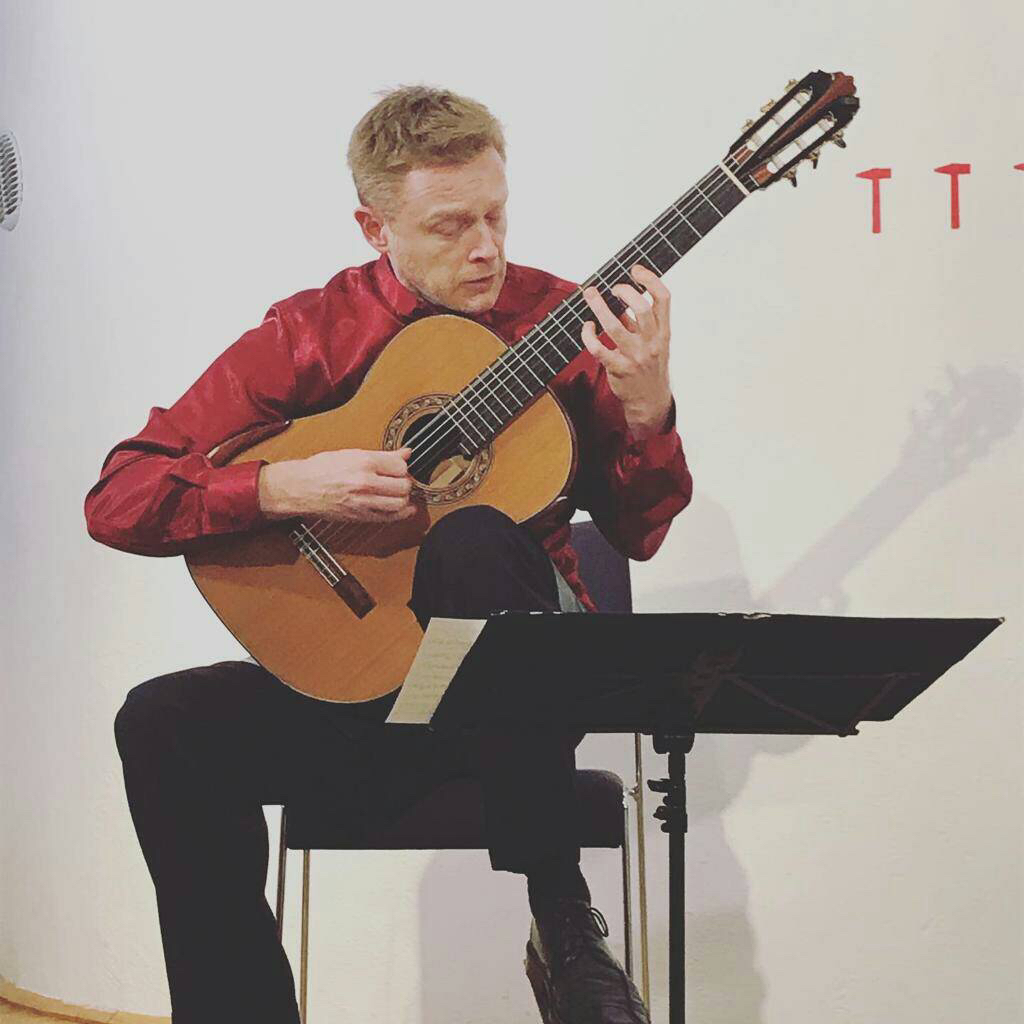
This year’s first concert of the International Summer Academy of the mdw is dedicated to composers who were expelled by the Nazi regime. Under the title “Exilarte – bringing back persecuted and exiled Music”, works by Erich Zeisl, Wilhelm Grosz, Hans Gál, Ruth Schönthal, Fritz Kreisler and Julius Bürger will be performed on Monday, August 16 at 8 p.m. at the Literatursalon Schloss Wartholz.
Johannes Fleischmann (violin), Josipa Bainac (soprano), Ulrike Anton (flute), David Hausknecht (piano), Sabina Hasanova (piano) and the Selini Quartet are the performers of this lost and forgotten repertoire.
Arabella Fenyves (Radio Klassik Stephansdom) and Gerold Gruber (Chairman of the Exilarte Center at the mdw) will moderate the evening.
Monday, August 16, 2021, 8 PM (CET)
Literatursalon Schloss Wartholz
Hauptstraße 113
A-2651 Reichenau an der Rax
Austria
For ticket sales and further information, please click here.
This concert will be livestreamed on YouTube:























